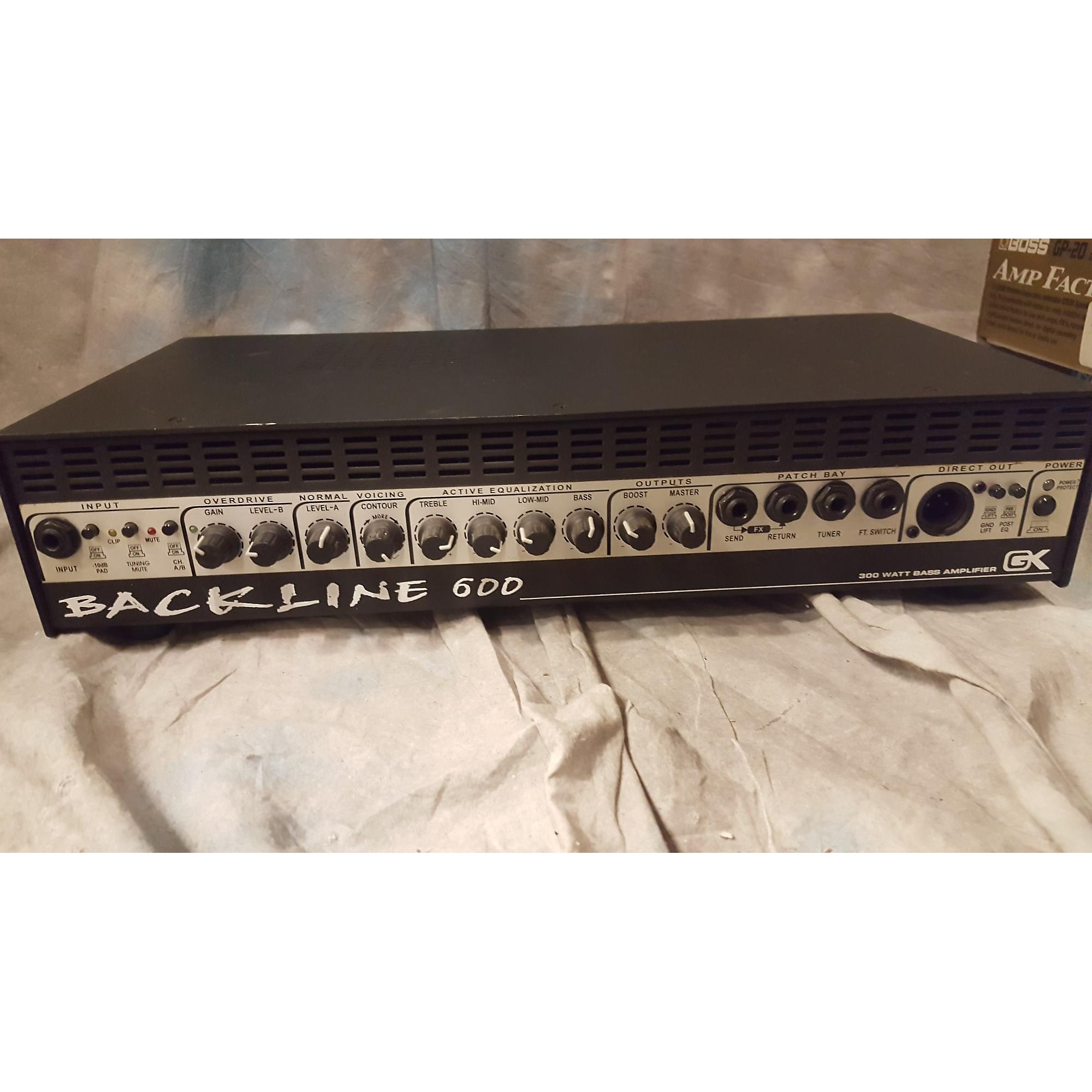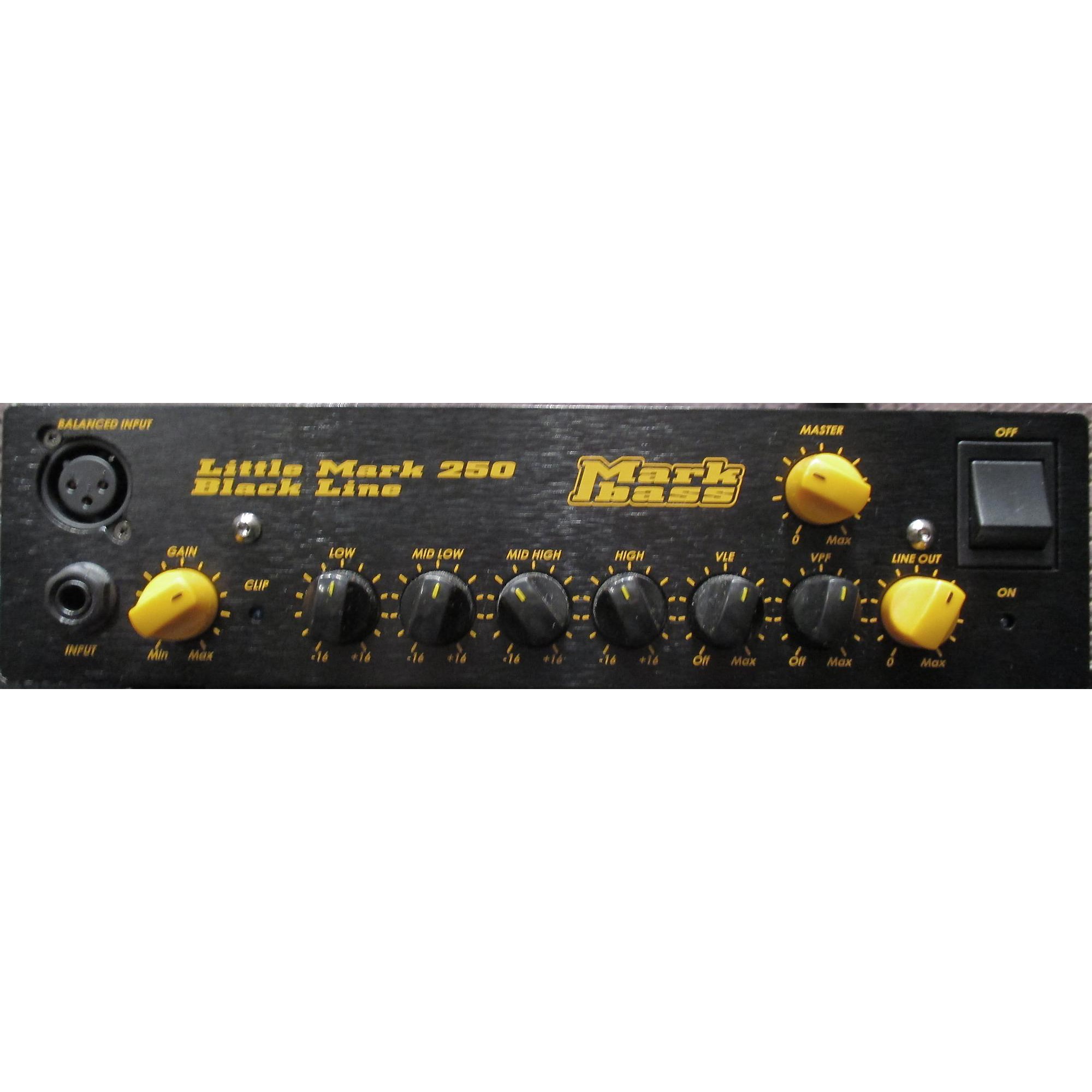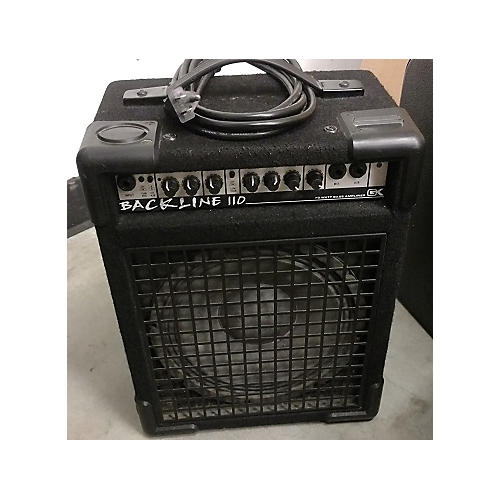
Once you’ve dialed a tone you find especially likeable, you need only to push the Preset button twice to assign it to any of the 64 available preset locations. The good news is that all that fiddling need not be repeated. While it isn’t perfectly intuitive, it is logical and well designed you don’t have to memorize a manual, or negotiate a mess of switches and gizmos.Īs I mentioned, the amp did require some time, and fiddling, to get the hang of-and to find the tones best suited to each of the different guitars I plugged into it: a Fender Contemporary Tele, a Nash S-63, a Duesenberg MC Signature, and an all-mahogany Gibson LP Studio. It keeps the visual presentation of options to a minimum, while laying out all the possibilities in one place, leaving the ears and fingers to wander easily through the tonal territory. This is where the clever design of the amp really shows itself. The second twist on traditional control panels lies in the fact that each knob also functions as a push-button switch for an additional feature: the Master volume control knob doubles as a switch for triode/ pentode operation pushing in the Treble control knob selects between EL84 or octal tube output the Mid knob is also bright switch the Bass, a low-power switch and the Gain knob controls switching between a single stage preamp, and “low drive” or “high drive” dual-stage preamp. This design choice offers very precise tone shaping potential, even if it is an unusual way to operate an amp of this type. There are 16 possible settings for both gain and volume, and 8 each for the tone controls.

#Backline amp free#
The controls are digital, supplying the first twist on traditional here: rather than rolling free through their ranges, each knob has discrete settings as you turn, and an LED readout to let you know where you are in the rotation. ControlsĪt first glance, the front control panel presents a traditional layout, with On/Off and Standby switches, Gain and Master volume controls, and 3-band tone stack of Bass, Mid, and Treble- the Preset control being the only unusual element. This makes tube substitution is as easy as it could be-a hefty bonus that makes it useful for yet another application, as a convenient tone-testing platform for various members of your tube collection. In addition to any of the several types of preamp tubes (12AX7, 12AT7, 12AU7, and so on), the octal tube socket also accepts 6V6, 6L6, E元4 and KT77 output tubes without the need for rebiasing.

If you want to use it on stage, you can send the XLR direct to the board and use the speaker out for an onstage monitor, or use the unbalanced direct out into a clean power amp for a high-volume rig. In addition to a 4- or 8-ohm speaker out, it offers both unbalanced 1/4” and balanced XLR direct outs with an internal speaker load and speaker emulation, so you if you don’t want to hook up a cab and mic it, you can run it right into your interface. Ideally suited as a studio tool that can also serve as a practice amp with a low-power mode (for tube tone and a nice overdrive at bedroom volumes), the amp is essentially a digitally-controlled device with an all-tube signal path, and offers a great deal of flexibility in terms of applications.

All it took was inserting a supplied set of JJ tubes-two 12AX7s, an EL84 and a 6V6- and it was up and running. I was able to get a number of useful tones from it right out of the box.
#Backline amp code#
Quite often, the phrase “feature rich” (especially when applied to amplifiers) is code for “complicated.” Happily, the ZenTone 7 from Backline Engineering, which sports an impressively long list of features for a small, 7-watt, single-ended Class A design, doesn’t fit in that category-at least not completely, anyway.
#Backline amp pro#
Recorded in Sound Studio on a MacBook Pro using Digidesign MBox.
#Backline amp download#
Download Example 1 ZenTone 7 6V6, 1/4" direct out: Bass 5, Mid 5, Treb 7, bright switch on, Master 6, Gain 4 - single stage, then low-drive dual stage, then high-drive dual Fender Contemporary Telecaster, bridge S/C ĭownload Example 2 ZenTone 7 EL84 1/4" direct out: Bass 3, Mid 3, Treb 5, Bright switch, Gain 4 - first single stage, then low-drive dual Duesenberg MC Signature, first bridge humbucker, then neck P-90.ĭownload Example 3 ZenTone7 E元4, 1/4" direct out: Bass, Mid, Treb 9/10 Master 8 Gain 10, high-drive dual stage gain Gibson LP Studio, bridge pickup


 0 kommentar(er)
0 kommentar(er)
